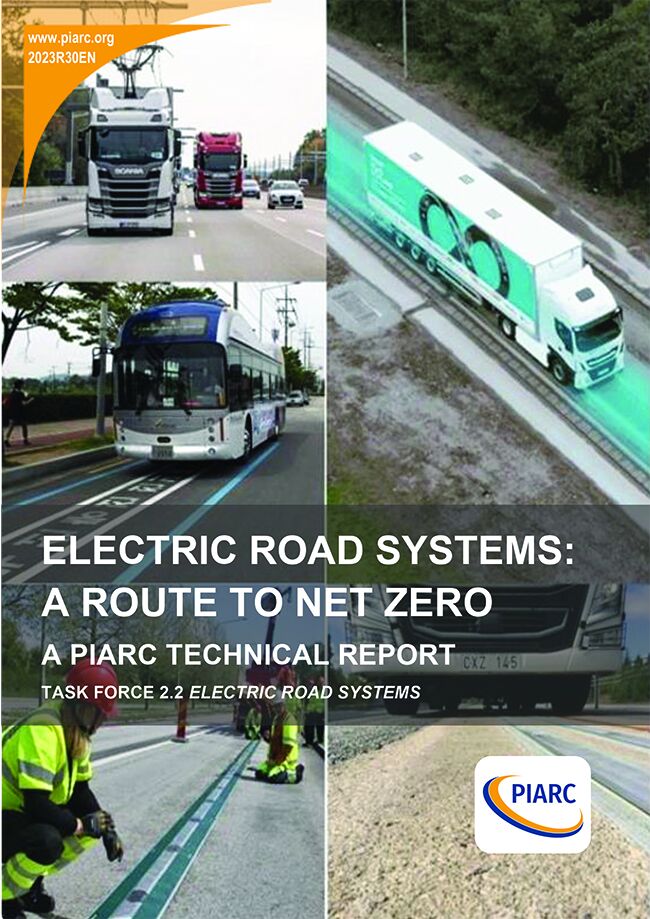Electric Road Systems – A Route to Net Zero - Technical Report

The international Paris Agreement about climate change calls for action in every aspect of the modern society. The world’s road transport sector is responsible for a considerable amount of the total CO₂ emissions, so there is an urgent need for decarbonising the road transport sector.
To achieve the Paris Agreement, the road transport sector needs to work with many solutions. For example, battery electric solutions, biofuels, fuel cells/hydrogen and Electric Road Systems (ERS). ERS are systems which dynamically charge the electric vehicles (EVs) while they are in motion. There is also the important requirement to increase the efficiency in the road transport system and to interact with other transport modes, such as maritime, aviation and railway sectors.
The way forward for decarbonising the road transport sector in the long run includes electrification since that are most cost effective and energy efficient. A comparison between different electrification technologies shows that ERS is a very efficient means of electrification. ERS vehicles can be a very efficient solution in parallel with battery electric vehicles.
To make ERS to happen in the world is a challenge that involves many stakeholders. Co-operation among the stakeholders, for example, energy providers, grid owners, road administrations/owners, ERS providers, vehicle industry and policy makers, is an absolute key for success. ERS deployment also requires a total system perspective for implementation and interaction between all possible solutions to decarbonise the road transport sector.
A number of countries and road administrations are considering introducing ERS and working intensively to remove uncertainties regarding the technologies. Some countries also have deployment plans ready for ERS but it is critical that countries and administrations work together to establish common roadmaps to avoid the risk of creating cross-border barriers.
ERS are being demonstrated today across the world using a number of different technologies and the results from these demonstrations are very promising. Many technologies are mature enough or close to deployment readiness. The vehicle industry is still not fully committed but there are a number of large original equipment manufacturers (OEMs) that are part of the tests which are conducted across the world.
ERS are ready and can be an important piece in the puzzle to decarbonise the road sector. ERS can contribute to making life better for the users by removing range anxiety, preventing waiting lines to charge or, due to lower costs enabled by smaller batteries, making electric vehicles affordable to all.
Information sheet
- Date: 2023
- Author(s): Groupe d'étude / Task Force / Grupo de estudio 2020-2023 2.2 Systèmes de routes électriques (SRE) / Electric Road Systems (ERS) / Sistemas eléctricos de carreteras (ERS)
- Domain(s): Urban Mobility
- Type: 2023R30EN - Technical Report
- PIARC Ref.: 2023R30EN
- ISBN: 978-2-84060-807-3
- Number of pages: 187